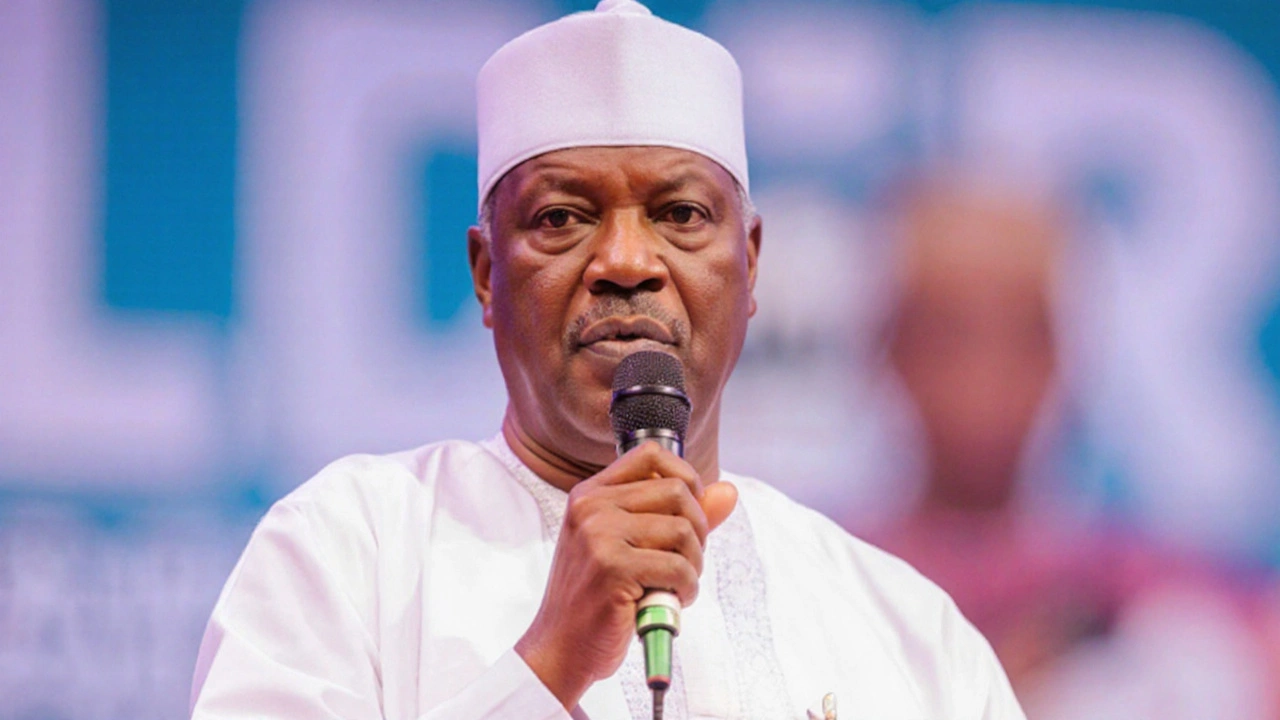Electoral Reform: What It Means and Why It Matters
When talking about electoral reform, you’re looking at changes that make elections fairer and more transparent. Electoral Reform, the process of altering election laws, voting methods, and district maps to improve representation. Also known as voting system overhaul, it aims to give every voter a real voice.
One of the biggest pieces of the puzzle is the voting system, the set of rules that decide how votes become seats. Whether a country uses first‑past‑the‑post, proportional representation, or ranked‑choice voting, each method shapes party dynamics and voter behavior. Another critical element is constituency boundaries, the geographic lines that define electoral districts. Redrawing those lines—often called redistricting or delimitation—can either fix or create imbalances in how people are represented.
To keep the process honest, an electoral commission, an independent body that oversees elections, implements rules, and monitors compliance is essential. The commission handles everything from candidate registration to vote counting. Meanwhile, voter registration, the act of adding eligible citizens to the official voter list ensures that nobody is left out of the democratic process. When both are strong, the chances of fraud drop dramatically.
How a ballot looks also matters. ballot design, the visual layout of the paper or electronic voting sheet can influence how easily voters understand their choices. Clear, simple ballots reduce mistakes and promote confidence. In tandem, political parties, organizations that contest elections to gain power adapt their strategies to new rules, which can shift the overall political landscape.
All these components sit under the broader idea of democracy, a system of government where power comes from the people. Democracy thrives when elections are credible, and credible elections depend on sound voting systems, fair district maps, robust commissions, accurate registries, and user‑friendly ballots. Without any of these, the whole structure can wobble.
Recent debates in several African nations show why reform matters. For example, changing from a winner‑takes‑all model to a proportional system has helped smaller parties win seats, diversifying parliament. Similarly, independent commissions in West Africa have introduced digital voter rolls that cut down on duplicate entries. These moves illustrate three semantic triples: (1) Electoral reform encompasses voting system changes; (2) Electoral reform requires independent commissions; (3) Voting system design influences voter turnout. The ripple effect reaches policy, representation, and public trust.
What You’ll Find Below
The collection that follows dives into real‑world cases, expert analysis, and step‑by‑step guides on how countries tackle each piece of the reform puzzle. Whether you’re a student, activist, or just curious about how elections work, the articles give practical insights you can apply to your own context.
Atiku pushes for direct election of INEC chair ahead of 2027 vote
By Sfiso Masuku On 26 Sep, 2025 Comments (13)

Former Vice President Atiku Abubakar is urging Nigerians to choose the next INEC chairman and resident electoral commissioners through a direct vote. With Prof. Mahmood Yakubu set to finish a ten‑year term in 2025, Atiku says a democratically selected electoral body is key to credible 2027 polls. He repeats attacks on President Tinubu’s government and confirms his 2027 presidential bid under an ADC‑led opposition coalition.
View More




